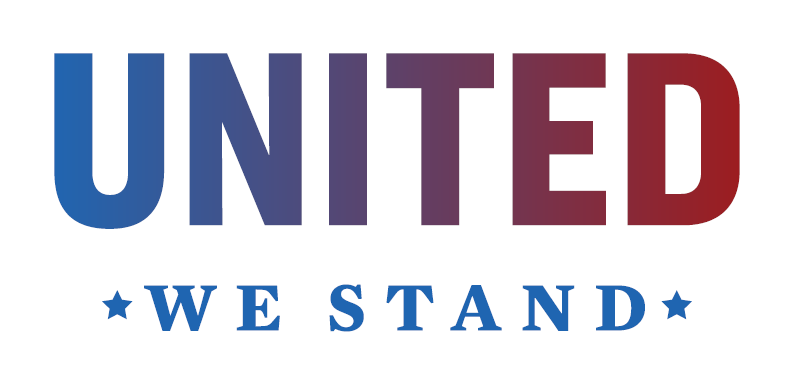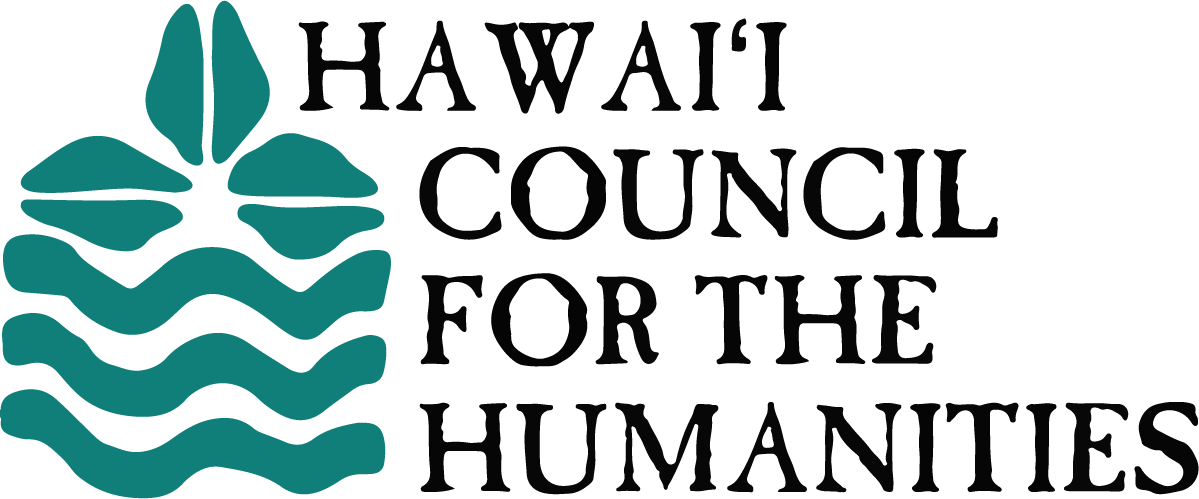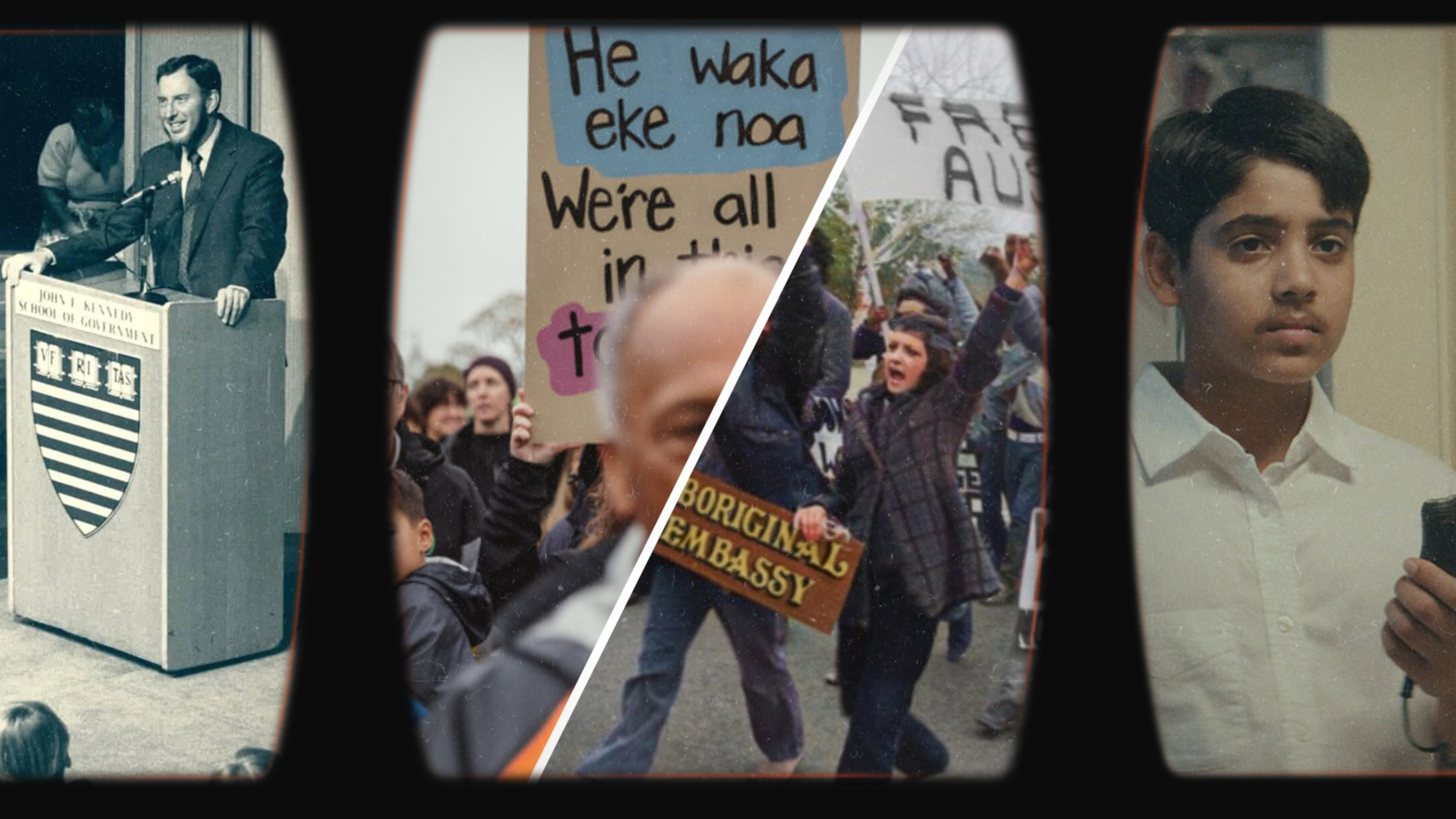We are pleased to continue our partnership with Hawai’i International Film Festival (HIFF) sharing thought-provoking films and discussions with local humanities scholars. This year, our theme is “United We Stand,” and our four films explore the polarization and violence in contemporary society, and ways to heal, connect, and transform.
2023 has brought devastating loss but has also uncovered paths to forge deeper connection and intention on how we can rebuild and persevere. We are proud to share these four films that connect on the theme of diversity, belonging and unity.
Mahalo to our scholars Halena Kapuni-Reynolds, Joseph Han, and Shannon Pōmaikaʻi Hennessey. We invite you to read their reflections and view the virtual discussions on these incredible films, here.
Films featured in 2023:
Join or Die leaves the viewer with a clear message: Participate in civic life again and join a club today, lest we see the death of democracy as we know it. But the film leaves more questions than answers, specifically around naming the long-term challenges of sustaining civic projects and the practices needed to address these issues.
Mustache is a feature debut and homage to coming-of-age films, nineties nostalgia, and awkward teenage transition focused on 13-year-old Ilyas as he reflects on his Muslim upbringing that will have him choose obedience over self-interest, when he’s forced to keep his prominent mustache.
No Māori Allowed shares intimate reflections from Māori elders and community members on the acute racial segregation that pervaded Pukekohe, a small township in Aotearoa (New Zealand) and “Who has the right to tell this story?”
Still We Rise examines the 1972 establishment of the Aboriginal Tent Embassy in front of the Australian Parliament House as a form of resistance to centuries of colonization and illuminates the foundations of resistance that persist to this day, as the Aboriginal Tent Embassy still stands.
You may download the 2023 Film for the Thought e-booklet, here.
Mahalo to the NEH initiative United We Stand, which supports local humanities programming that fosters cross-cultural understanding, empathy, and community resilience, and civic engagement, and educates the public on the history of domestic extremism and hate-based violence.


